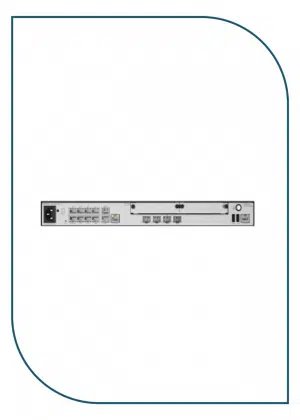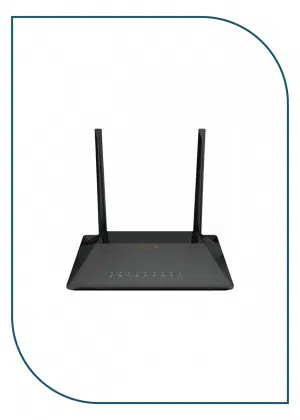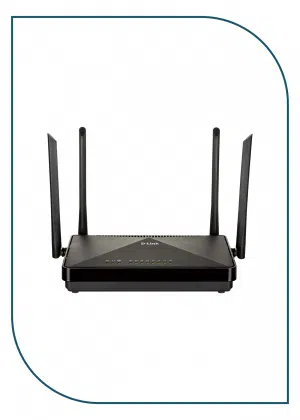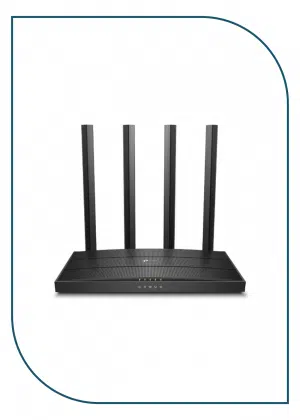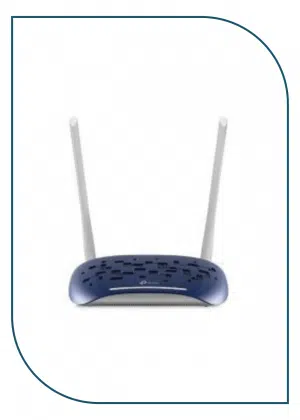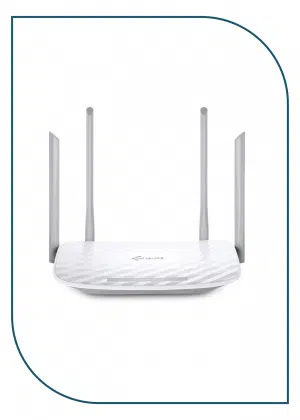-
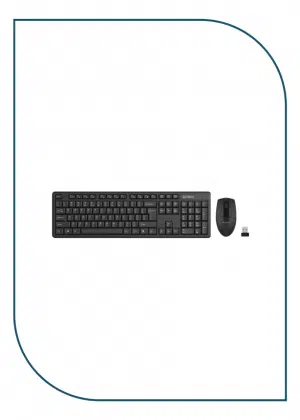
-
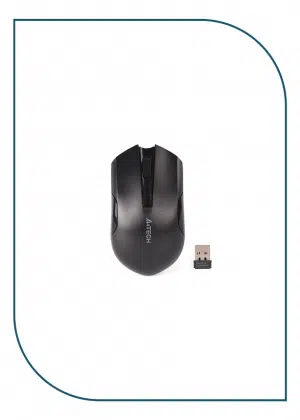
-
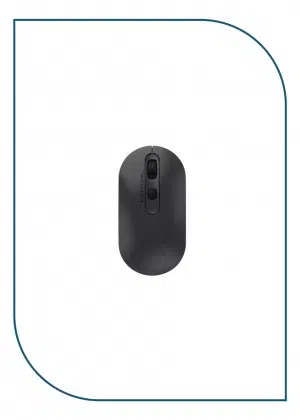
A4tech FB20S Fstyler Dual Mode Bluetooth & 2.4GHz Wireless Optical Mouse (Smoky Grey)
825,00 EGP825,00 EGP× -
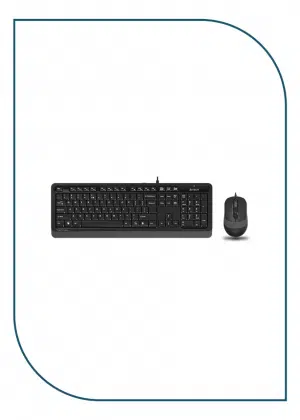
Huawei Enterprise Router, 2*GE combo WAN (AR730)
AR730
Huawei NetEngine AR730 | Enterprise Router | 2x GE Combo WAN, 1x SFP+, 8x GE LAN, 1x GE Combo LAN, 2x USB 2.0, 2x SIC
-
- Rack
- Work bench
- Against the wall
46.900,00 EGP
Buy NowDescription
AR730
Huawei NetEngine AR700 series routers are next-generation high-performance routers. They use ARM-based multi-core processors and a non-blocking switching architecture, providing twice the industry average performance. Additionally, they integrate diverse functions such as routing, switching, VPN, security, and MPLS, enabling diversified enterprise services in the cloud era.
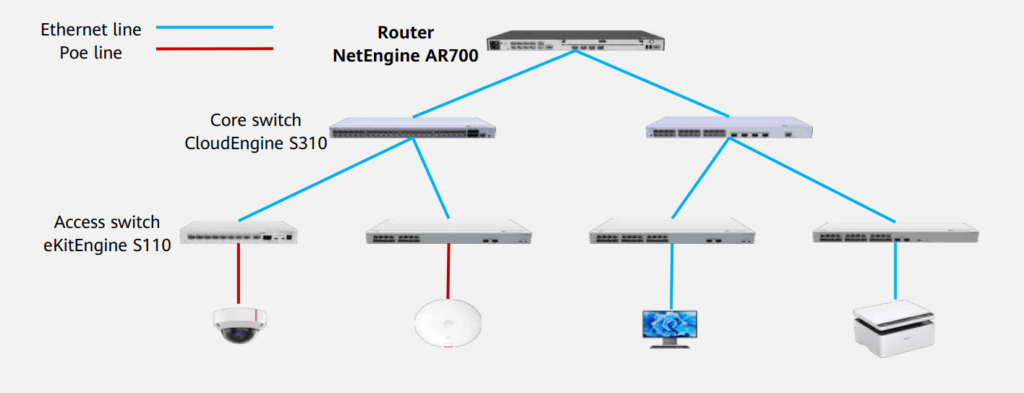
- Multiple WAN options: 2 × GE combo plus 1 × 10 GE SFP+ for high-speed uplinks or WAN aggregation.
Flexible LAN: 8 × GE LAN plus 1 × GE combo that can be assigned to WAN or LAN roles.
Strong routing performance with ARM64 multi-core design, suitable for enterprise networks.
Advanced services: VLAN, MPLS, VPN (IPsec/GRE/L2TP), firewall, QoS prioritization, IPv4/IPv6 support.
Expandability: 2 SIC slots for optional service cards.
USB support: 2 × USB2.0 ports for storage or additional services.
Key Specifications
| Specification | Details |
|---|---|
| Model | Huawei NetEngine AR730 Enterprise Router |
| WAN Interfaces | 2 × GE combo WAN ports (RJ45/SFP interface, electrical or optical) |
| Additional WAN/Uplink | 1 × 10 GE SFP+ port (optical uplink compatible with GE optical) |
| LAN Interfaces | 8 × GE electrical LAN ports + 1 × GE combo LAN (configurable as WAN or LAN) |
| Processor | ARM64 multi-core CPU (~1.4 GHz) |
| Memory | 4 GB RAM + 1 GB flash |
| USB Ports | 2 × USB 2.0 (host) |
| Slots | 2 × SIC (service interface card) slots |
| Forwarding Performance | ~9 Mpps to 25 Mpps |
| Connected Terminals | Supports up to ~1200 terminals |
| Supported Protocols & Features | IPv4/IPv6 routing, NAT, DHCP, VLAN, MPLS, VPN (IPsec/GRE), firewall, QoS, ACLs |
| Management | CLI, Web UI, SNMP, centralized enterprise management |
| Power | Built-in AC (100–240 V, 50/60 Hz) |
| Dimensions (H×W×D) | ~44.4 × 442 × 220.4 mm |
| Weight (Without Packaging) | ~3.2 kg |
| Operating Temp. | 0 °C to 45 °C |
| Humidity | 5 %–95 % non-condensing |




